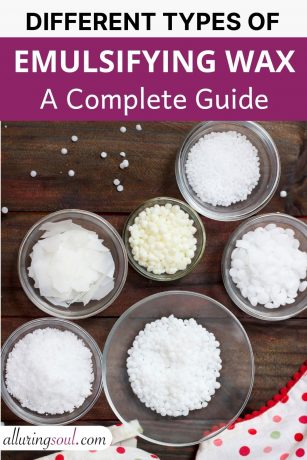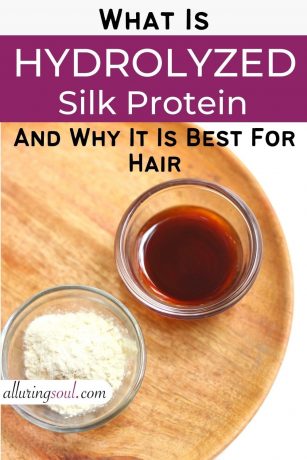The primary purpose of carrier oils is to dilute the highly concentrated essential oils, which can cause skin irritations when applied alone. Thus, they help ‘carry’ the essential oil to the skin, hence, the name. Usually, they are derived from the seeds, kernels, or nuts of a plant, for which they are also given the name vegetable oils.
Just like other ingredients, they too expire and go rancid. Hence, it is important to know the shelf life of carrier oils.
In this post, I have added a table with carrier oil shelf life, the factors that lead to their expiry and how you can increase the shelf life of carrier oils.
Carrier Oil Shelf Life
Here is the complete list of the top carrier oils, along with their shelf life
| CARRIER OILS | SHELF LIFE |
| Argan Oil | 2 years |
| Avocado Oil | 6-8 months |
| Baobab Oil | 2 years |
| Black Cumin Seed Oil | 2 years |
| Calendula Oil | 1 year |
| Camellia Oil | 2 years |
| Carrot Seed Oil | 1 year |
| Castor Oil | 5 years |
| Cucumber Seed Oil | 1-2 years |
| Cocoa Butter | 5 years |
| Fenugreek Seed Oil | 1 year |
| Grapeseed Oil | 3 months |
| Hazelnut Oil | 12 months |
| Hemp Seed Oil | 6-12 months |
| Jojoba Oil | 2 years |
| Macadamia Oil | 12 months |
| Mango Butter | 2 years |
| Moringa Oil | 5 years |
| Marula Oil | 2 years |
| Neem Oil | 2 years |
| Olive Oil | 6 months |
| Pumpkin Seed Oil | 1 year |
| Red Raspberry Seed Oil | 2 years |
| Rosehip Oil | 6 months |
| Safflower Oil | 2 years |
| Sea Buckthorn Oil | 12 months |
| Shea Butter | 1-2 years |
| Sweet Almond Oil | 1-2 years |
| Walnut Seed Oil | 1 year |
| Wheat Germ Oil | 1 year |
How To Find If Carrier Oil Has Expired?
Apart from the common knowledge that carrier oils expire when they exceed the shelf life, they can also turn bad before the expiry date if not stored properly.
There are a couple of changes you may notice if your carrier oil has truly expired. When expired, the chemical bond of carrier oils alters and thus results in these changes –
- Mostly, when carrier oils turn rancid, and you will catch a whiff of a strong, foul, and putrid odour when it gets expired.
- Carrier oils also go through a change of colour than it was when opened. For instance, coconut oil, when it expires, turns to Yellow. In other cases, the colour also becomes cloudy.
- The carrier oil’s consistency gets affected, too— it turns either thicker or thinner than initially.
How To Store And Extend The Shelf Life Of Carrier Oils?
If taken proper consideration of the storage of the carrier oil, one can even extend its shelf life.
Below are some tips to follow to use the carrier oil further more than its given expiry date.
1. Keep It Under An Airtight Container
The main reason for keeping carrier oil in an airtight container is to prevent the oil from starting the oxidation process.
When it comes in contact with oxygen, this process begins and thus changes the natural composition of the oil. As a result, the carrier oil loses its effectiveness and turns rancid, making it expire.
Therefore, you must always keep the lid tight and minimize the amount of time the cap remains off the container. To sum up, your goal is to reduce the carrier oil’s exposure to oxygen to keep it potent.
2. Choose A Cool Dark Place For Storage
Carrier oils should be placed in a cool dark area or the refrigerator to keep them away from direct sunlight, heat, or other light sources.
The chemical bonds of the oil break down when in contact with the UV rays.
For added safety, store the oil in a dark-coloured glass container— the more opaque the bottle is, the better.
3. Use Small Containers For Storage
Carrier oil tends to turn rancid when air gets into the bottle. But using small containers means there is less chance of oxygen getting trapped inside the bottle, and thus, less chance for the oil to begin its oxidation process.
So it’s advisable to put it in the smallest bottle you can find.
What To Do With Expired Carrier Oils?
The most reasonable thing to do with an expired carrier oil is to discard it away. Using expired and oxidized carrier oils may cause unwanted skin reactions, which is the last thing you would want.
References –





No Comments